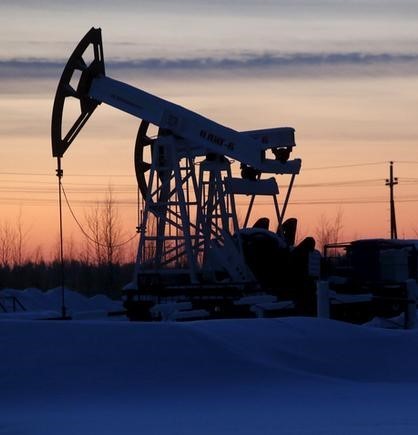Saudis, Russia agree oil output freeze, talks with Iran to follow
Oil ministers from three Opec countries, Saudi Arabia, Qatar and Venezuela, as well as Russia, agreed to freeze oil output at January levels, as long as others follow suit. Their plan to tackle a global glut was contingent on other producers, with Iran absent from the meeting and planning to ramp up shipments. The Saudi, Russian, Qatari and Venezuelan oil ministers visited Doha for a previously undisclosed meeting - their highest-level discussion in months on joint action to help prices recover from their lowest in more than a decade. The Saudi minister, Ali al-Naimi, said freezing production at January levels was an adequate measure and new steps to stabilize the market could be considered in the next few months.
We don’t want significant gyrations in prices, we want to meet demand. We want a stable oil price.
Saudi Arabian Oil Minister, Ali al-Naimi
Iran has pledged to raise supply steeply in the month to come as it looks to regain market share lost after years of international sanctions, which were lifted in January. While Venezuela has been the hardest-hit major producer, oil below $30 is a fraction of what Russia needs to balance its budget as it heads towards parliamentary elections this year. Saudi finances are also suffering badly, running a $98 billion budget deficit last year, which it seeks to trim this year. But the price of oil is having a big impact on global markets, not just the producers.

oil production